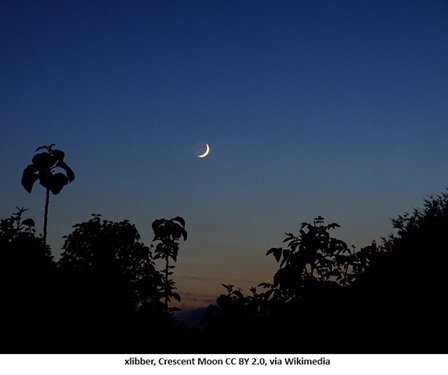MELATONIN is a hormone and a neurotransmitter produced /secreted by the pineal gland (pea-sized gland located in the center of the brain) during darkness under control of the body's master "Biological Clock" (Body's central circadian pacemaker / Suprachiasmatic nucleus (SCN) in the hypothalamus).

MELATONIN is well-known for promoting sleep, but has many other benefits. These include preventing / treating::
Study-supported health benefits
MELATONIN performs several functions in the body:
MELATONIN is both lipid and water soluble. Facilitates passage both in the blood and across cell membranes.After release into circulation, it gains access to various fluids, tissues and cellular compartments (E.g. saliva, urine, cerebrospinal fluid, pre-ovulatory follicle, semen, amniotic fluid, milk). MELATONIN is rapidly metabolized (chiefly in the liver) and is excreted in the urine.
The master biological clock (SCN) generates a circadian (24 hour cycle) and annual rhythm of MELATONIN production, which is inhibited by light.
MELATONIN synchronizes body tissues to the daily cycle of light dark
MELATONIN is not stored in the pineal gland. Activated by darkness MELATONIN leaves the pineal cells through simple diffusion into the bloodstream. We cannot rely on yesterday's MELATONIN for today and so need a liberal supply each evening
MELATONINproduction peaks in the middle of the night. Then gradually falls during the second half of the night
MELATONIN production declines with age
MELATONIN can also be produced directly by the retina, lens, GI tract, skin and other tissues/cells (E.g. bone marrow cells, lymphocytes and epithelial cells). These are NOT regulated by light/dark.
MELATONIN promotes or inhibits synthesis/secretion of other hormones/neurotransmitters |
|
|
Promotes |
PROLACTIN - Positive relationship between the nocturnal concentrations of MELATONIN and PROLACTIN, and a stimulation of PROLACTIN after MELATONIN administration in young men. PubMed |
|
Inhibits |
LEPTIN is downregulated by MELATONIN [PubMed], except in the presence of INSULIN, which increases LEPTIN [PubMed]; LEPTIN is secreted by adipocytes and is called the appetite suppressant hormone, informing the brain about the body's overall adipose tissue, which role determines energy homeostasis in the body. With INSULIN, MELATONIN increases LEPTIN ▲, suppressing appetite▼during sleep, so you stay asleep instead of being hungry all night. In a feedback loop:LEPTIN tells your brain you are not hungry, such that you stay asleep and make more MELATONIN Estrogen production DOPAMINE; GABA; GnRH -Down-regulates gonadotropin-releasing hormone (GnRH) mRNA production in hypothalamic GnHR-secreting neurons - a link to sexual development and puberty. |
|
Comments |
Reciprocal with CORTISOL - which rises in the morning to its highest levels(ready for you to face the day),as MELATONIN declines (so you can wake up); |
|
Other hormones involved |
Gonadal steroids, pituitary gonadotrophins, thyroxine, and the adrenal hormones Spiegel K, Leproult R, Van Cauter E. [Impact of sleep debt on physiological rhythms] [Article in French]. Rev Neurol (Paris). 2003 Nov;159(11 Suppl):6S11-20. |